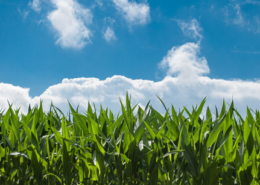Resilient Farm and Ranch Planning
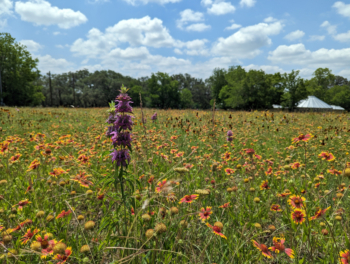 Resilient Farm and Ranch Planning is holistic conservation planning with the central focus of building resilience to volatile changes in climate by utilizing climate beneficial practices that re-carbonize the soil cycle and natural landscapes. Resilient Farm and Ranch Planning is a whole-farm approach to optimizing carbon capture on working landscapes by implementing practices that are known to improve the rate at which CO2 is removed from the atmosphere and stored in plant material and/or soil organic matter. Resilient Planning is a framework for engaging with the agroecosystem processes that drive system change, explicitly recognizing that solar energy drives farm ecosystem dynamics, and that carbon is the carrier of that energy within the farm system.
Resilient Farm and Ranch Planning is holistic conservation planning with the central focus of building resilience to volatile changes in climate by utilizing climate beneficial practices that re-carbonize the soil cycle and natural landscapes. Resilient Farm and Ranch Planning is a whole-farm approach to optimizing carbon capture on working landscapes by implementing practices that are known to improve the rate at which CO2 is removed from the atmosphere and stored in plant material and/or soil organic matter. Resilient Planning is a framework for engaging with the agroecosystem processes that drive system change, explicitly recognizing that solar energy drives farm ecosystem dynamics, and that carbon is the carrier of that energy within the farm system.
Resilient farming and ranching is synonymous with the term regenerative agriculture when that term is explicitly rooted in an understanding of the underlying system dynamics and positive feedback processes that regenerate soil fertility and farm productivity.
Resilient Farm and Ranch Planning emerged from the nexus between the climate crisis and traditional farm conservation planning, as a whole-farm approach to optimizing carbon capture on working landscapes. The Resilient Farm and Ranch Planning team works with a farmer or rancher to assess all the opportunities for GHG reduction and carbon sequestration on their land. The process combines traditional whole-farm planning and resource assessment approaches with up-to-date climate science to develop a comprehensive, carbon-focused farm plan.
This is a pilot project in Texas that is led by the National Center for Appropriate Technology (NCAT) and in collaboration with Carbon Cycle Institute – who have been doing Resilient Farm Planning in California since around 2013.
Related Resources
Staff Expert
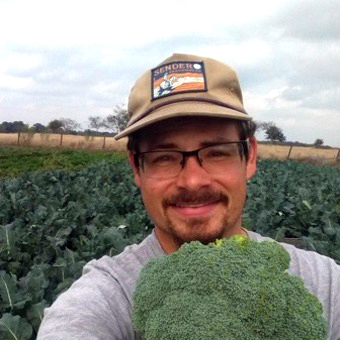

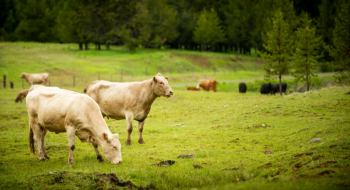
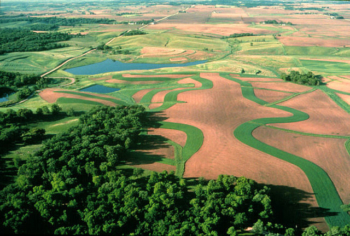

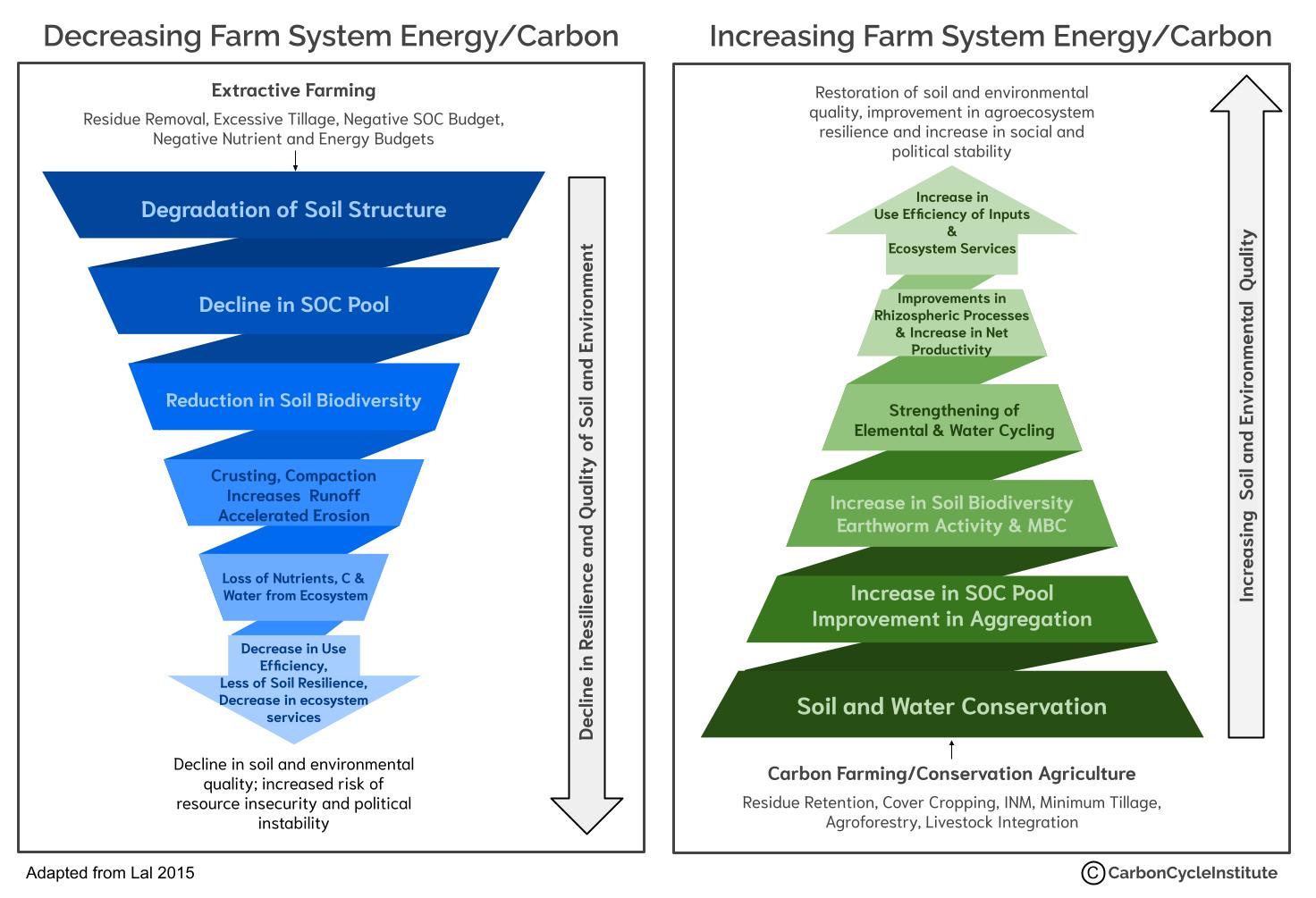


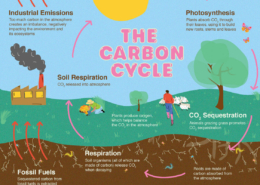
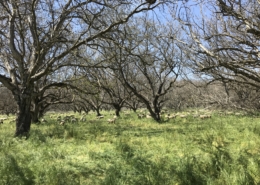
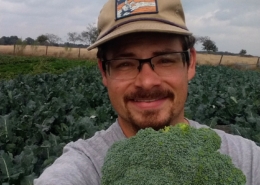
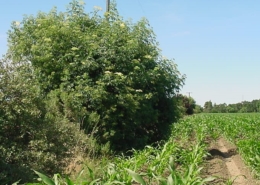
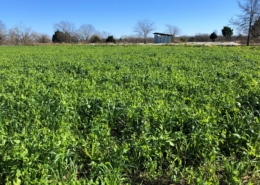
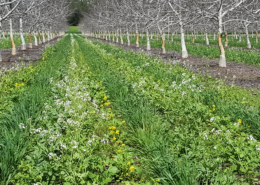 Photo: Rex Dufour, NCAT
Photo: Rex Dufour, NCAT